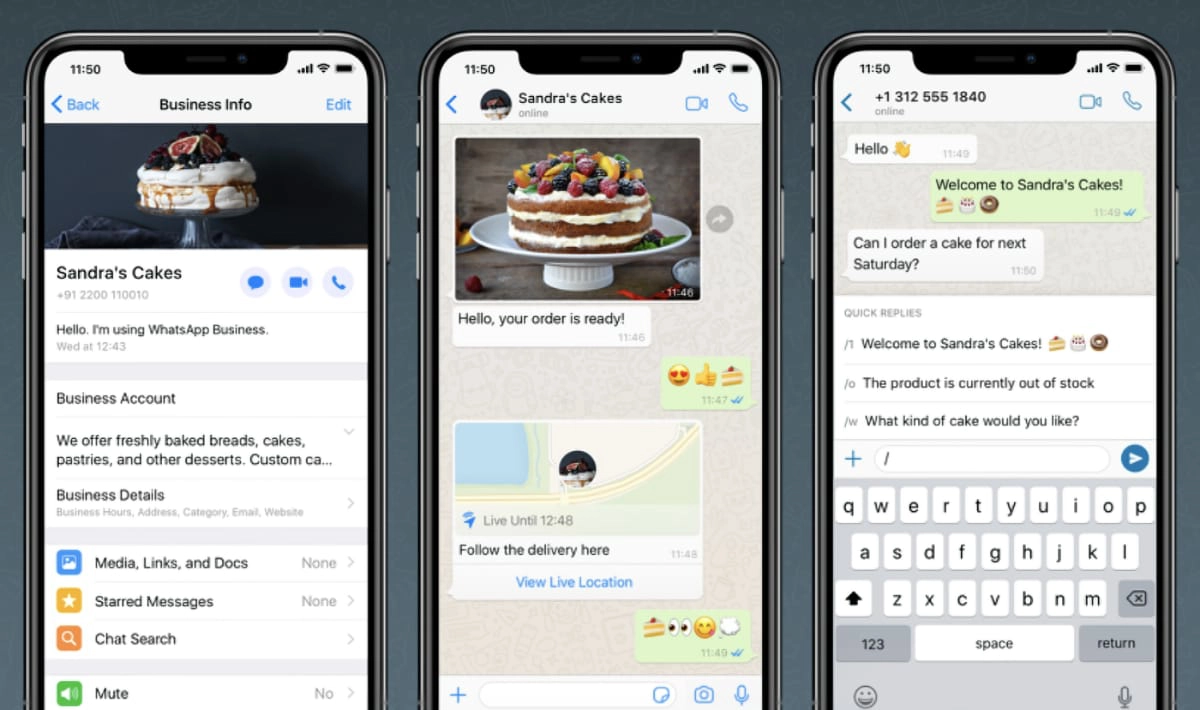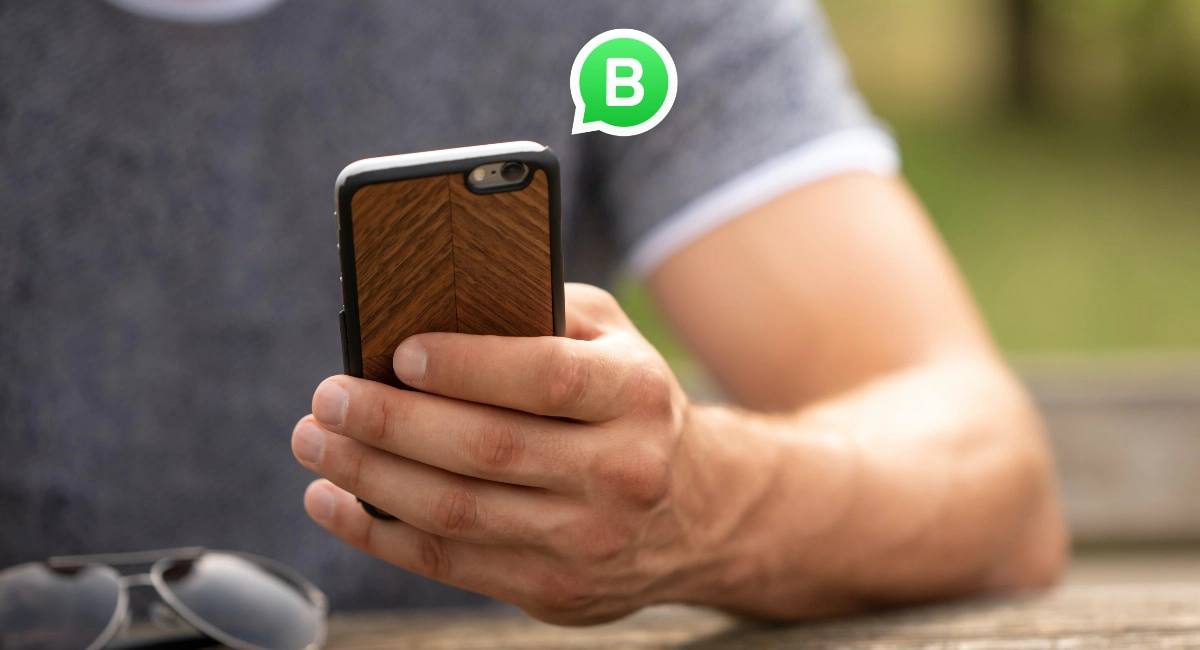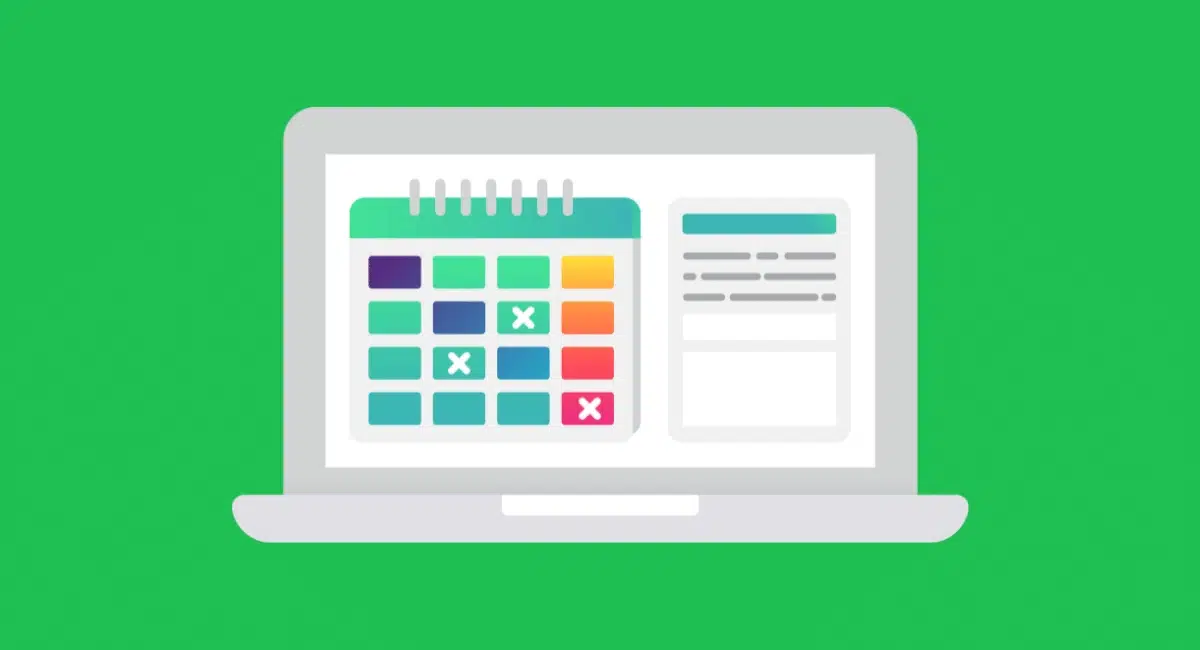What is a WhatsApp Business account? It is a WhatsApp account specifically for (surprise, surprise) your business, as opposed to the personal WhatsApp account you’re probably using with friends and colleagues.
A WhatsApp Business account isn’t actually much different from the mainstream WhatsApp Messenger app. It is like an extension of it, with features geared towards serving customers, communicating with prospects and facilitating sales through a messaging platform most are familiar with.
Business users can choose between two WhatsApp accounts:
Any small business can sign up for free with the WhatsApp Business App by downloading the app in the App Store or Google Play, but you need to attach this account to a different phone number than the one used by your personal WhatsApp account. This means you have to buy a new SIM card, use a different smartphone or enter your landline number during sign-up. Only one user can manage this account.
The WhatsApp Business API account requires approval by a WhatsApp partner and has costs associated with some of its features. It is a more advanced account with scalable features suitable for a global customer base and can be managed by different people on multiple devices.
What are the features of WhatsApp Business?
There are some crucial differences between the Business App vs. API accounts. For a start, small businesses might not be accepted for an API account, while it is very straightforward to download the WhatsApp Business App and start communicating with customers for free.
With WhatsApp Business App, small businesses can:
Business App users can send unlimited messages to customers. You just need their contact number, and then you can send the first message. Any type of content can be sent through the app – as long as the recipient does not block you, you are free to send them messages.
Credit: App Store

Screens of the WhatsApp Business App.
With WhatsApp Business API, messaging has more rules: the customer has to message you first before you’re allowed to message them. You also have to respond within 24 hours to avoid paying a messaging fee.
The within-24-hours-reply is called a “session message” and is free. If more than 24 hours passes since the last message from a customer, your message is called a “template message”. Template messages have to be pre-approved by WhatsApp, and they incur a per-message fee paid to WhatsApp and the partner provider connecting you with the API product. No marketing messages are approved.
While this seems more restricted, Business API suits larger business because of its ability to integrate with partner software. This can extend its features to include e.g. complex customer management features and custom notifications.
It has been announced that WhatsApp Payments, a way to accept payments through the app, will be rolled out in select countries later in 2020. As of yet, businesses can only use WhatsApp for the above purposes.
Should you use WhatsApp Business?
With 2 billion users globally, WhatsApp has become the most popular messaging app in the world, including the UK. This makes it tempting to jump onboard with WhatsApp Business, but there are few things to consider:
For example, Pilates instructors and local shops alike could benefit from the personal connection on WhatsApp, as long as the recipients are genuine regulars or fans of your service/products. If customers were contacted out of the blue from a business they never heard of, nor approved for contacting them, it could put them off.
On the other side, we shouldn’t underestimate the value of meeting customers where they’re most comfortable communicating. Following up on an order via WhatsApp means the customer doesn’t have to phone or email you, both of which are less popular with younger generations today.
Since the app is free for small businesses, it wouldn’t hurt to try it out with select customers to see if it adds any value. If the messy nature of chats is too much to manage for one person, just stick to your main social media channels.




